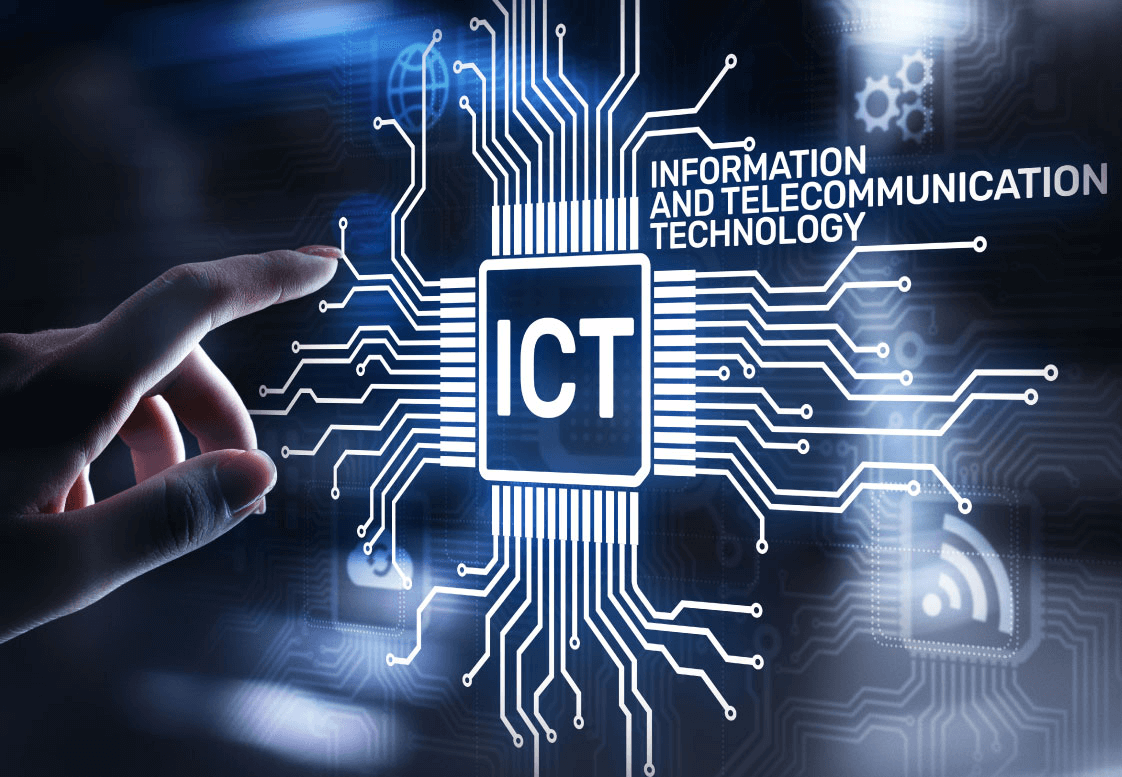
In an era dominated by the relentless march of progress, Information and Communication Technology (ICT) emerges as the transformative force driving https://ncnewsupdate.com/ innovation, connectivity, and efficiency across every facet of our lives. From the way we communicate to the systems that power our cities, ICT is the invisible thread weaving a tapestry of interconnected possibilities.
Table of Contents
The Digital Revolution Unveiled
At the core of the contemporary digital revolution lies Information and Communication Technology, a dynamic field encompassing a vast array of technologies and tools. ICT is not merely about computers and smartphones; it’s about the seamless integration of diverse technologies to enhance communication, streamline processes, and propel humanity into a new era of interconnected intelligence.
Bridging Continents: The Global Village
The true magic of ICT lies in its ability to shrink the world into a global village. Instantaneous communication, facilitated by the internet and advanced networking technologies, has broken down geographical barriers. From video calls connecting loved ones oceans apart to international collaborations that transcend borders, ICT has made the world more interconnected than ever before.
Driving Economic Growth and Innovation
In the business realm, ICT is a catalyst for economic growth and innovation. Enterprises leverage advanced technologies, data analytics, and cloud computing to optimize operations, reach global markets, and foster innovation. Start-ups and established companies alike harness the power of ICT to disrupt traditional business models, creating a landscape where agility and adaptability are the keys to success.
Education and Beyond: Transformative Impact
The impact of ICT extends far beyond business. In education, it has revolutionized the learning experience, providing students and educators with tools for collaboration, research, and interactive learning. E-learning platforms, virtual classrooms, and digital resources have become integral components of modern education, democratizing access to knowledge and fostering a culture of continuous learning.
Smart Cities: Urban Living Reimagined
In urban landscapes, ICT is reshaping the concept of smart cities. From intelligent transportation systems to energy-efficient infrastructure, cities worldwide are leveraging technology to enhance sustainability, safety, and the overall quality of life. Sensors, data analytics, and interconnected systems create cities that adapt and respond to the needs of their residents in real-time.
Challenges and Opportunities
As ICT continues to evolve, it brings forth both challenges and opportunities. Issues of cybersecurity, digital privacy, and the digital divide must be addressed to ensure that the benefits of technology are accessible to all. Simultaneously, these challenges present opportunities for innovation, research, and the development of ethical frameworks that guide the responsible use of technology.
The Future: Boundless Horizons
Looking ahead, the future of ICT holds boundless horizons. The integration of artificial intelligence, the Internet of Things (IoT), and 5G technology will usher in an era of unprecedented connectivity and intelligence. As we navigate this future, the ethical and responsible development of ICT will be crucial in harnessing its full potential for the betterment of society.
In conclusion, Information and Communication Technology are not just tools; they are the architects of a connected future. From reshaping how we communicate to revolutionizing entire industries, ICT is the driving force behind the digital age. As we stand at the intersection of innovation and connectivity, the transformative power of ICT continues to unfold, promising a future where the possibilities are as vast as the digital landscape itself.


